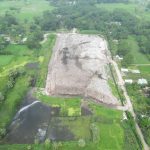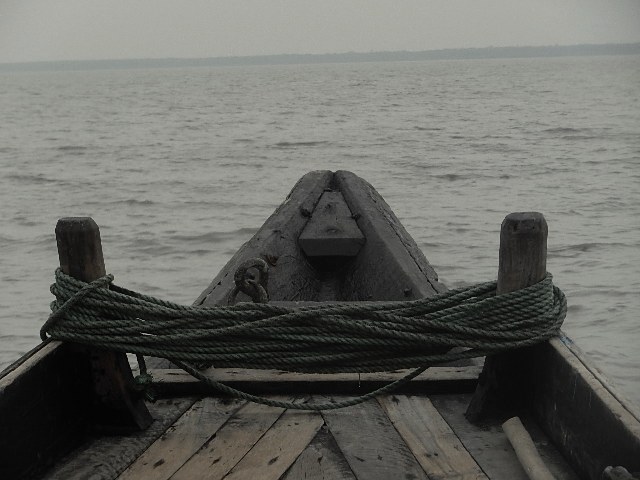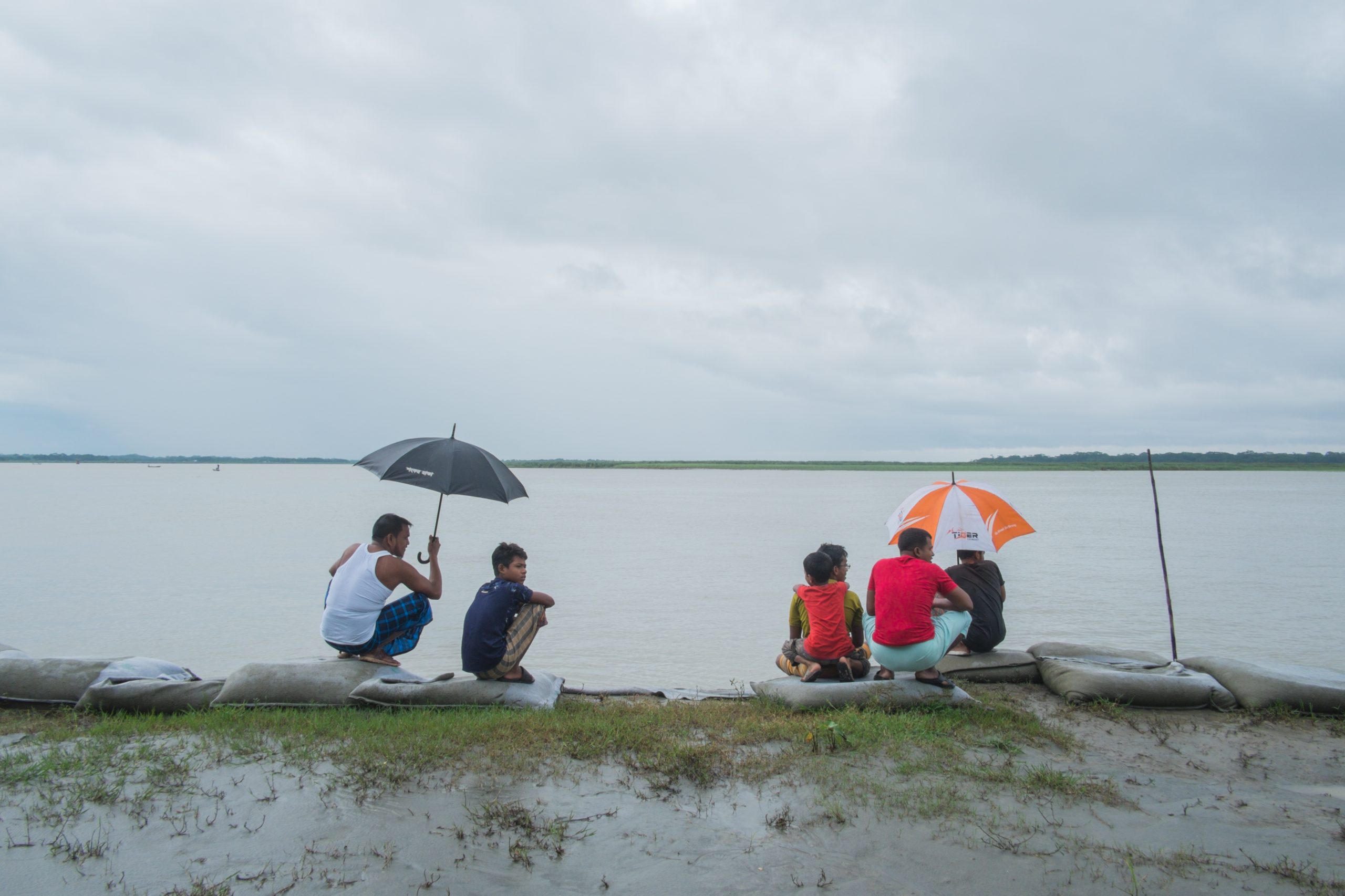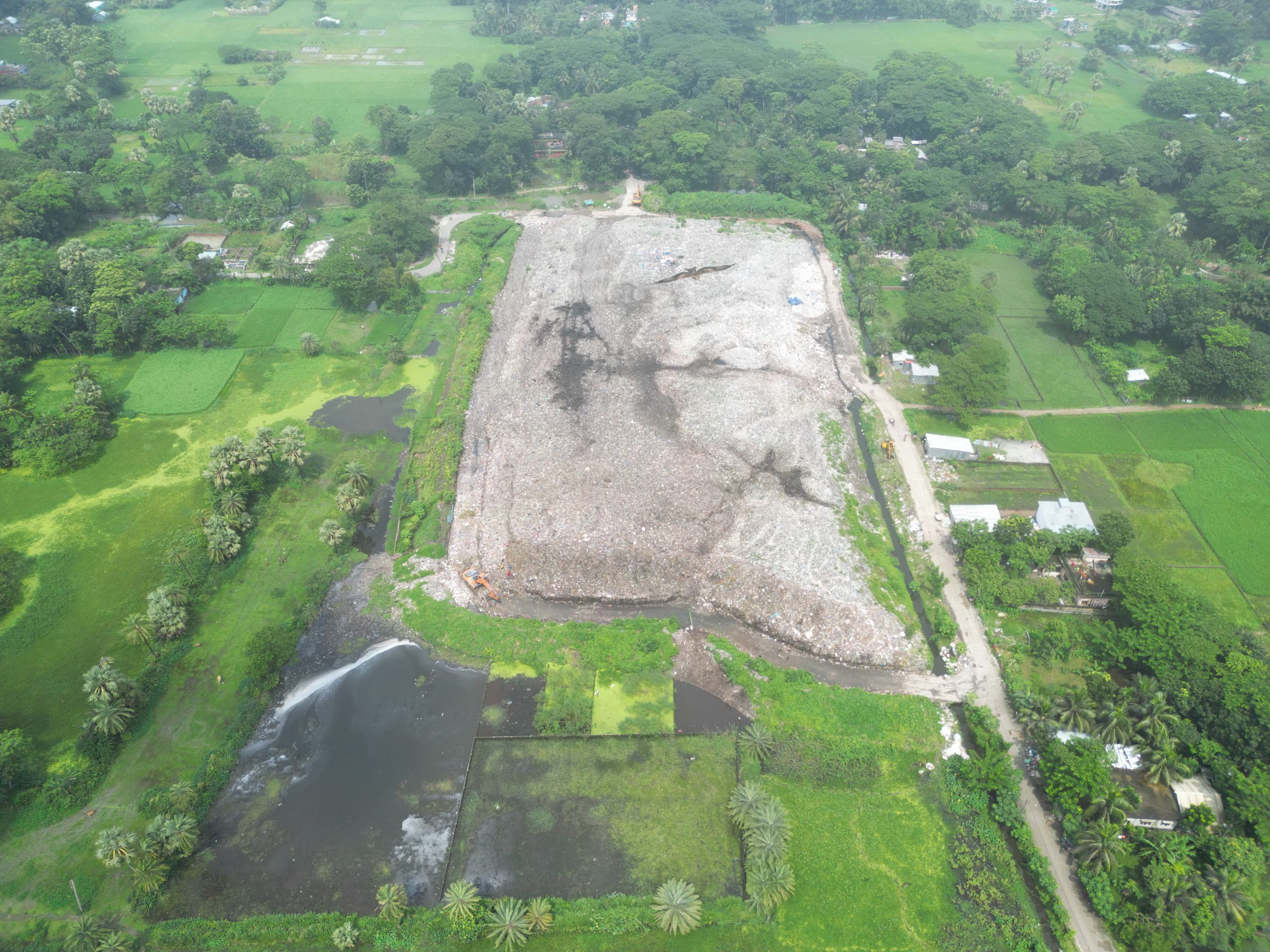When the monsoon rains arrive late, farmer Subir Mandal doesn’t sing. For generations, his family celebrated Barsha Mangal—songs for the rains—to bless their crops. But now, with droughts strangling his land, the songs feel like a cruel joke. “The soil is silent, and so are we,” he says.
Across Bangladesh, climate change isn’t just destroying landscapes—it’s killing a way of life. From vanishing river ballads to dying harvest festivals, the nation’s rich folk traditions are disappearing as ecosystems collapse. Researchers warn that losing these cultural threads could sever Bangladesh’s connection to its past—and its resilience for the future.
Rivers of Song Now Run Dry
The Death of Boatmen’s Bhatiali
Once, the Padma and Jamuna rivers echoed with bhatiali—soulful boatmen’s songs about love and nature.
Today, over 90% of traditional boat singers in riverine areas have quit (Bangladesh Folklore Research Institute, 2023).
Why?
Dying rivers: The Padma has shifted 15 km in 20 years, displacing communities (NASA, 2023).
No more boats: Diesel-engine replacements don’t inspire songs.
“Songs need rivers. No water, no music,” says Gofur Mia, 55, bhatiali singers in Barishal.
Festivals Buried Under Floods
Nabanna: A Harvest Without Joy
The Nabanna festival, celebrating the new rice harvest, has been abandoned in 4 out of 10 villages in coastal regions (BRAC, 2023).
Salinity intrusion has destroyed paddy fields, leaving nothing to celebrate.
In Satkhira, farmer Rohima Khatun says, “We used to dance with sheaves of rice. Now we mourn dead soil.”
Pohela Boishakh Under a Scorching Sun
Rising heatwaves (now 45°C+ in April) are making outdoor New Year celebrations deadly.
In 2023, 12 people died from heatstroke during Boishakh rallies (DGHS, 2023).
The Silent Extinction of Indigenous Art
Chakma Weaving: A Fading Craft
The Chakma community’s traditional weaving (Alam) uses natural dyes from monsoon-dependent plants. Erratic rainfall has wiped out 70% of dye sources in the Chittagong Hill Tracts (CHT) (ICIMOD, 2023). Only 200 master weavers remain, down from 1,000 in 2000.
Jhumur Dance: No More Rain, No More Rhythm
The tea workers’ Jhumur dance, tied to monsoon cycles, is fading as rains fail. In Sylhet, 3 out of 5 Jhumur troupes disbanded in the last decade (Bangladesh Shilpakala Academy, 2023).
Why Does This Loss Matter?
Cultural Memory = Climate Resilience
Folk songs encoded disaster warnings (e.g., storm alerts in Mymensingh’s Gambhira songs). Indigenous farming techniques (floating gardens, seed-saving rhymes) are being forgotten.
Mental Health Crisis
“Solastalgia”—grief for lost culture—is rising. A 2023 Dhaka University study found 68% of displaced farmers report depression after losing festivals.
Can Folk Culture Be Saved?
Who’s Fighting Back?
Local NGOs are recording dying songs (e.g., Uttaran’s “Vanishing Voices” project). Indigenous schools in the CHT now teach weaving and songs to youth. Climate activists demand UNESCO protection for at-risk traditions.
But Is It Enough?
No govt funding exists for cultural preservation in climate policies.
Youngsters migrate, abandoning traditions.
Sing Before the Storm
When Subir Mandal’s grandson asked him to sing Barsha Mangal, he refused. “You’ll only know sadness in these words now,” he said.
Yet in a Barishal village, a group of women still meet to sing—softly, defiantly—as the river dries. “If we stop, who will remember the land’s voice?” asks Rina Das, 54.
The question hangs heavy: Can a nation adapt to climate change if it forgets the songs that once taught it how to survive?
References
Bangladesh Folklore Research Institute (2023): Disappearing River Songs.
NASA Earth Observatory (2023): Padma River Migration.
BRAC (2023): Impact of Salinity on Coastal Traditions.
ICIMOD (2023): Indigenous Crafts at Risk in the CHT.
Dhaka University (2023): Mental Health & Cultural Loss.














